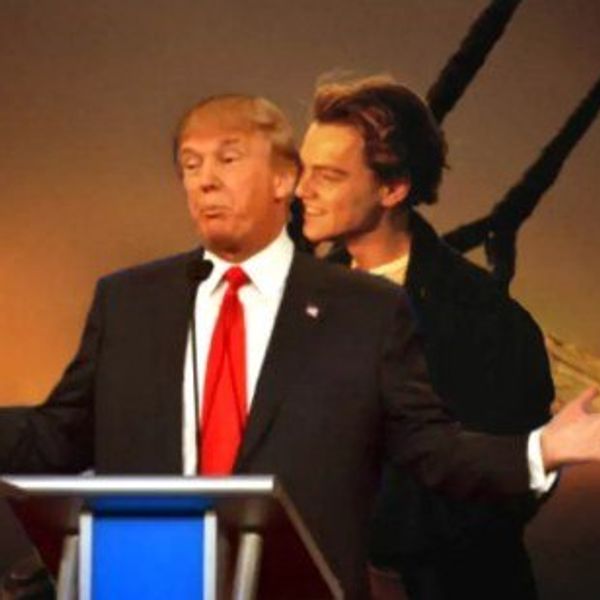We, in 2015, are living in an unprecedented time of change. Our leaders now face a greater number of issues than they have ever had to tackle before, and the formation of new political groups unwilling to compromise has put a bind on the political system that our founders created.
In an America where the Republican Party has close to 20 single-minded candidates, the first Democratic presidential primary debate felt like a breath of fresh air— a civil, intellectual debate showcasing public officials working to solve problems in order to improve the lives of those they serve. It also has restored my faith in the 2016 presidential race.
The candidates did not go after one another, but rather after the issues that this country is faced with.
Bernie Sanders and Hillary Clinton are the two most competitive nominees for the party’s election, but they were not in Las Vegas on Tuesday to mud sling. Rather than bring attention to the other’s weaknesses tenaciously, the candidates respectfully addressed where they saw flaws in the other’s platform. Though Secretary of State Clinton strongly objected to Senator Sander’s gun policy, she heartily agreed with his higher education policy and built off of it. When the question of Clinton’s email scandal was raised, Sanders came to her defense, saying, “The American people are sick and tired of hearing about your damn emails.” Clinton said, “Me too,” before shaking Sander’s hand.
There are five officials running for the Democratic Party’s nomination for presidential candidacy. In a debate setting, this modest number allowed for candidates to go further than simply discuss their platforms, but also to elaborate on how they would implement certain programs or go about taking action.
Besides Clinton and Sanders, another candidate had a great night. Former Governor of Maryland, Martin O’Malley’s performance at the debate was solid. His stance on gun control was staunch and was supported by the gun safety legislation successfully passed in his own state. When speaking in opposition to Sanders on this topic, O’Malley formidably defended his position by addressing Western Maryland’s rural population as well, in regards to Sanders being from a rural state.
Lincoln Chaffee and Jim Webb seemed to be the only candidates having a lesser night. Webb called out proctor Anderson Cooper for not receiving enough time, and when he did have time, spoke so slowly that he wasted a good portion of it. However, Webb’s tenacious support for Veterans should be noted. Chaffee showed confusion over his own decision to vote in favor of Glass-Steagall, a vote that contributed to the growth of banks on Wall Street.
During this debate, candidates were asked pointed questions. If a candidate went off topic to evade a specific answer, both the proctor and other candidates would force them back into answering the uncomfortable question. Therefore, bullsh*t answers were few and far between.
The great John Stewart’s voice seemed to echo from the heavens—his “War on Bullsh*t” became a reality as candidates were forced to tell the truth and be transparent.
As the debate concluded, Martin O’Malley and others echoed what the audience and Democratic supporters have been thinking since the beginning of this race. With any of the Democratic presidential primary candidates, America would gain a leader willing to work on behalf of the people for the greater good. Each of these candidates prioritizes citizens over big businesses that have taken control of American wealth and power and want to work on the people’s behalf. In the debate’s conclusion, the candidates concurred that the nomination of a Republican president would have negative consequences for the nation.





















